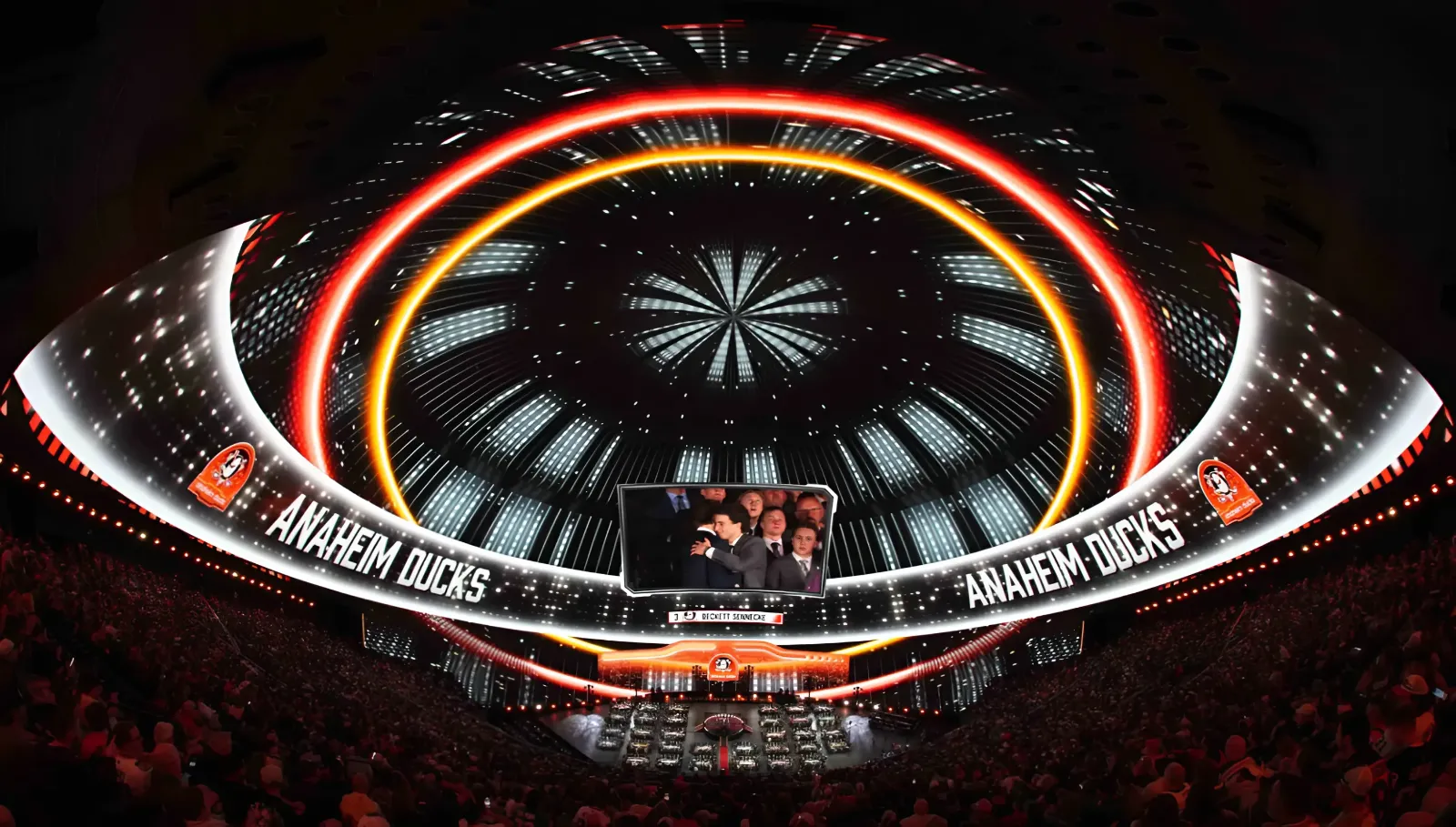
The Florida Panthers are headed to the Stanley Cup Final for the second consecutive season after defeating the NHL's best regular season team, the New York Rangers in six games.
It marked the fifth consecutive season that a Florida-based NHL team is going to the Cup Final.
Waking up to this fact, I decided to poke some fun by bringing up the fact that both the Panthers and Tampa Bay Lightning enjoy no state income tax levies, that they may as well rename the Prince of Wales trophy as the no-state conference championship.
The of no-state income taxes advantage isn't exclusive to hockey by any means. But it's a fun topic to debate given the track record of success. Under the current NHL's collective bargaining agreement, all teams are subject to a salary cap number that is factored by gross pay (money paid before tax) and not net pay (take home pay).
Every NHL franchise is subject to different rules and tax codes both at the national and state/provincial levels. Alaska, Florida, Nevada, New Hampshire, South Dakota, Tennessee, Texas, Washington, and Wyoming are the only states that do not levy a state income tax. When taking a look at the NHL teams that fall into this category and you look at the track record of success over the last eight seasons, the numbers are quite telling.
Since 2016, only one Stanley Cup Final featured no team that enjoyed no state/provincial income tax levies. That year, the St. Louis Blues defeated the Boston Bruins to win their first-ever Cup. But in all other cases, there was at least on NHL team in the Cup Final that enjoyed this benefit. The teams that enjoy the benefit are in BOLD
2024: Florida Panthers
2023: Vegas Golden Knights def Florida Panthers
2022: Colorado Avalanche def Tampa Bay Lightning
2021: Tampa Bay Lightning def Montreal Canadiens
2020: Tampa Bay Lightning def Dallas Stars
2019: St. Louis Blues def Boston Bruins
2018: Washington Capitals def Vegas Golden Knights
2017: Pittsburgh Penguins def Nashville Predators
It should be noted that the 2024 Western Conference Final is still to be determined. If the Stars defeat the Edmonton Oilers, that would be back-to-back Cup finals featuring no state-income tax teams.
It's clear there is a material advantage to teams that operate in a jurisdiction where there is no state income tax that is levied. This isn't new, but as salaries increase those advantages become bigger.
When the salary cap was adopted in 2005, it didn't account for these types of advantages and I don't blame them. It would be incredibly hard to revisit a tax code every single season within a CBA.
Teams have tried to find other advantages around this rule. The current CBA doesn't limit signing bonuses outside making sure that the player is at least drawing the minimum $775,000 salary. The Leafs have leaned into this by frontloading a lot of deals. But other teams have since jumped into this advantage to retain players and the ability to that, too. It's not quite the advantage it used to be. And when you factor that the CRA is looking into this benefit by challenging players like John Tavares, it puts that into serious question.
Outside of other techniques like exploiting long-term injured reserve to maximize a team's roster, there isn't anything that can really be done by higher-taxed teams to outbid for players if they don't have the salary cap room.
Simply put; $3 million in Toronto isn't the same as $3 million in Florida when you factor in take-home pay.
If you haven't checked out Cardinal Point's NHL income tax calculator, I highly recommend it. According to their calculator, a $3 million player will take home nearly $500,000 more in Florida than playing in Toronto.



